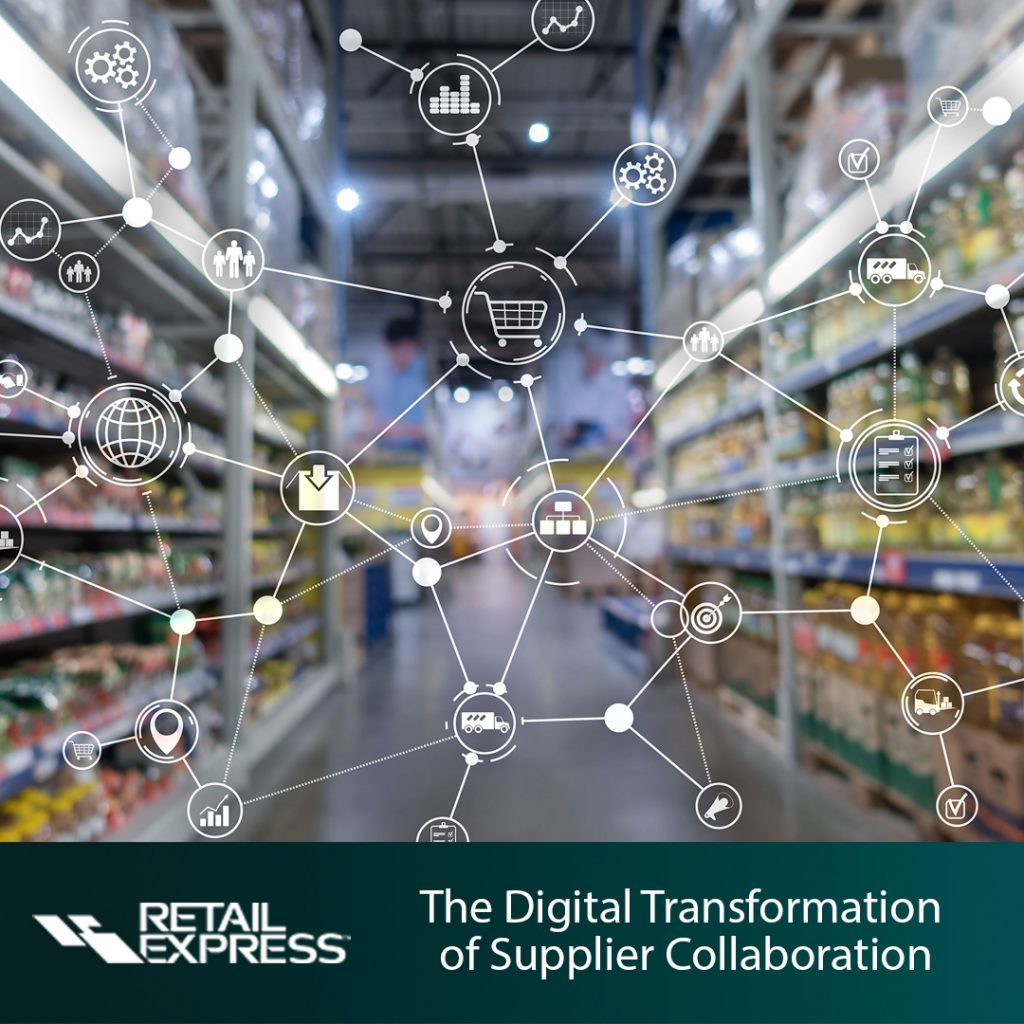Retail Express’ Ed Betts reveals how retailers can use algorithmic tools to refine the negotiation process and use it as a springboard for pinpoint planning, product innovation, and future profit growth
Larger grocery retailers are inextricably driven by year-on-year (YoY) growth. Rightly or wrongly, it is the basis of the metrics which define success to stakeholders and business leaders alike. But YoY growth very rarely happens organically – it is an active process which demands that every small efficiency is optimised, and negotiating with suppliers is a key piece of that puzzle.
Through shrewd negotiation, retailers can secure the kind of assortment, deals and promotions which will improve volume sales and raise revenue, all while potentially lowering the base cost of goods or discovering added promotional spend. Suppliers also want the chance to negotiate, because attention on their product lines helps increase their own efficiency and drives incremental sales growth. Successful negotiation is a win-win – but overburdened retailers can leave a lot on the table by not engaging effectively.
Download the whitepaper: The Digital Transformation of Supplier Collaboration
Dealing with regulatory demand
With the potential for imbalances in power between retailer and supplier there are regulations in place like the Groceries Supply Code of Practice (GSCOP), and its worldwide equivalents, to govern the nature of the conduct between the negotiating parties.
For large retailers, breaching GSCOP can lead to fines of up to 1% of annual turnover, an unthinkable figure considering the tightness of today’s margins. Staff must be trained, reminded, and trained again to avoid any action which could go against the Code of Practice regulations. But if supplier negotiations are given a layer of automation to ensure they are performed in a systematic, reliable and consistent manner, this burden can be reduced. That kind of depth and reliability is the lynchpin of algorithmic retailing, the process of linking a big data model with automated and AI-assisted processes to connect all parties with the information that matters.

Ensuring small suppliers are not left out
Joint business plans made with major multi-line vendors demand frequent and careful attention, which can lead to major suppliers being given a disproportionate amount of time, while some small suppliers may struggle to secure a meeting even once a year. Failing to negotiate with smaller suppliers makes no sense – they may not present the same big-ticket headline products that larger companies do, but there is plenty of money to be made through smaller scale relationships. Smaller suppliers can present new, innovative products, and are often ready to offer significant deals. But they do not have the deep pockets of larger suppliers, nor do they typically have the access to push for promotions to happen.
The burden of negotiation, in this situation, is currently the wrong way around. To keep up with market trends retailers must find the time to listen to every incoming request or, better, reach out to smaller suppliers directly. To do so requires a change in the structure of negotiation processes, to which AI-driven automation is a strong solution. It may be used to ensure margins are met, and to speed up smaller-scale negotiations with larger suppliers, allowing senior staff to make high-level decisions surrounding innovative lines rather than being mired in minutiae.
Acting with foresight
The negotiation stage is not only an opportunity to secure better deals; it is the time to ensure every possible advantage is discovered and activated. To do so requires some significant foresight. Making volume purchases could save on per-item costs, for example, but a retailer must have some certainty that it will be able to sell those products before a deal is finalised.
This is where a keen understanding of past, present, and predicted future markets becomes vital – and it is another instance where AI tools and predictive models can provide the backbone of a sturdy negotiation process as well as reducing the time and effort load on those making the deals. With predictive AI in place, retailers can be certain of the strength of a deal as it is made, rather than finding out when it is too late. It may also highlight the truth by comparing, say, an offering of a vendor with initially deep pockets against an alternative which may generate more money in the long run.
Securing every possible advantage
If a vendor is willing to offer some promotional activity, it must be activated. Marketing pots can be quite large but are not always central to the negotiation conversation. Automated systems can help ensure all trade funds are collected efficiently, without fail – and this reliable automation lowers the need for expensive auditing and reduces potential collections costs.
Knowing one’s capacity for action allows algorithmic models to help generate a detailed plan at the negotiation stage, defining not only the terms of any proposed promotion but also the viability of a promotion before it happens plus the effort required to put a sale or marketing campaign into action. In traditional retailing, such a process would delay negotiations by days or weeks; under algorithmic retailing, the process is fast and automatically lines up the relevant business functions to be ready when a deal goes into action.
Gaining agility and adaptability
Algorithmic retailing techniques do not replace the inherently personal practice of negotiation with suppliers. They complement it, streamlining otherwise time-consuming processes, and add a single point of record which ensures that the complex procedure of putting deals into action is handled from that point on. And if a supplier’s situation changes or a retailer’s commercial objectives are altered, a data-forward approach allows retailers to adapt to change, renegotiating quickly and with confidence even when the plans are in flight.
Major suppliers must be managed carefully to ensure no money is left on the table, and if retailers are to have the time to innovate and chase YoY growth, they must also focus on negotiating with those suppliers which can offer innovative goods. Both things are possible – and both can be better with the right tools.
Edward Betts, SVP General Manager – Retail Lead Europe, Retail Express
Ed has worked in the retail industry for over 20 years and joined Retail Express in 2019 where he is General Manager for the UK and Ireland. Ed has extensive and specialty knowledge of retail category management, pricing and buying requirements having worked with several UK retailers, including 8 years at Asda where he developed and launched a standalone online wine service. Following this, he worked for Distell, a large international drinks manufacturer, where he managed strategic accounts across several major UK grocers including Morrisons, Asda and Marks & Spencer. Ed is also Retail Express’ Head Consultant helping clients make more effective use of the products and services as well as providing consultancy on the effective use of pricing and category management.
About Retail Express
Retail Express is a leading provider of merchandising solutions and services for retail, wholesale and consumer packaged goods (CPG) manufacturers. It uses its deep industry understanding and expertise to provide business solutions that meet the evolving needs of merchandising and category management departments delivering improved productivity and enhanced financial results. Through its AI-powered end-to-end Intelligent Merchandising™ solution, Retail Express addresses the complex problems of advertising, marketing, promotions and pricing in retail, providing one version of the truth across the organisation and departments. Retail Express operates out of Leeds, UK, across Europe, North America & Australia. www.retailexpress.com.



